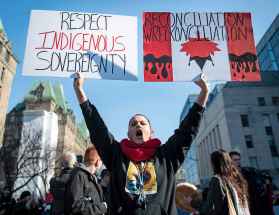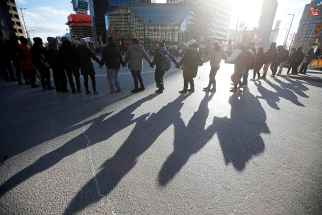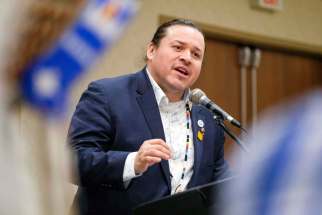Province taking close look at Alberta’s blockade bill
Read this article for free:
or
Already have an account? Log in here »
To continue reading, please subscribe:
Monthly Digital Subscription
$0 for the first 4 weeks*
- Enjoy unlimited reading on winnipegfreepress.com
- Read the E-Edition, our digital replica newspaper
- Access News Break, our award-winning app
- Play interactive puzzles
*No charge for 4 weeks then price increases to the regular rate of $19.00 plus GST every four weeks. Offer available to new and qualified returning subscribers only. Cancel any time.
Monthly Digital Subscription
$4.75/week*
- Enjoy unlimited reading on winnipegfreepress.com
- Read the E-Edition, our digital replica newspaper
- Access News Break, our award-winning app
- Play interactive puzzles
*Billed as $19 plus GST every four weeks. Cancel any time.
To continue reading, please subscribe:
Add Free Press access to your Brandon Sun subscription for only an additional
$1 for the first 4 weeks*
*Your next subscription payment will increase by $1.00 and you will be charged $16.99 plus GST for four weeks. After four weeks, your payment will increase to $23.99 plus GST every four weeks.
Read unlimited articles for free today:
or
Already have an account? Log in here »
Hey there, time traveller!
This article was published 26/02/2020 (2119 days ago), so information in it may no longer be current.
Stiff penalties could be coming to Manitobans who interfere in the operations of highways, railways, pipelines or utilities.
Justice Minister Cliff Cullen said the province is examining a bill introduced in the Alberta legislature this week that would impose harsh new penalties on protesters who block “critical infrastructure.”
According to Alberta’s Bill 1, individuals could face fines of up to $10,000 and $25,000 for first and subsequent offences, as well as potential prison time of up to six months. Corporations that aid, counsel or direct the commission of an offence could face fines of up to $200,000.
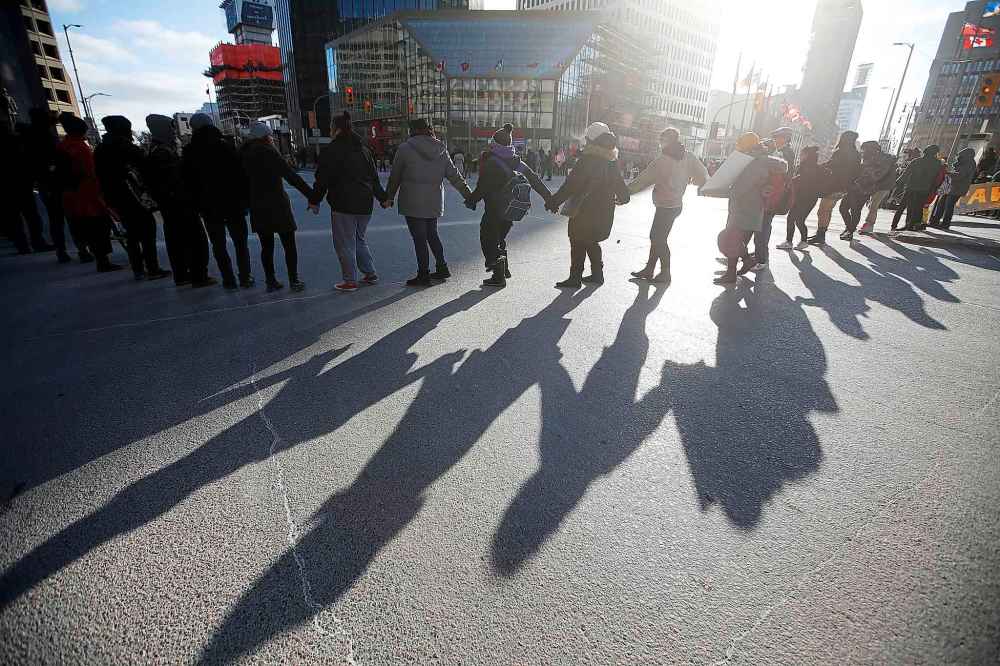
“I’ve asked my officials to review the legislation that was tabled in Alberta earlier this week. Certainly we will look at that legislation,” Cullen said when asked about it on Wednesday at a funding announcement.
Once the review is complete, the government will decide whether to bring forward its own legislation, he said.
“It’s something that we would obviously have to have a cabinet discussion about,” he added.
Blockades erected in solidarity with Wet’suwet’en hereditary chiefs opposed to a natural gas pipeline project in British Columbia have slowed grain shipments, prevented people from getting to work and cost others their jobs. Prime Minister Justin Trudeau has called the situation “unacceptable and untenable,” and called for the blockades to come down.
“The right to protest does not include being able to prevent your neighbours from getting to work and putting food on the table, or threatening their security,” Alberta Premier Jason Kenney said in a statement as Bill 1 was introduced. “Albertans expect their government to deal with lawlessness and stand up for the values that all law-abiding citizens share.”
NDP justice critic Nahanni Fontaine said the introduction of such legislation in Manitoba would be highly divisive.
Fontaine said it would do nothing more than deflect “from some of the really critical and important issues Manitoba is facing,” such as the inability of northerners to receive bail and a dispute between the province and legal aid lawyers that has backed up the justice system.
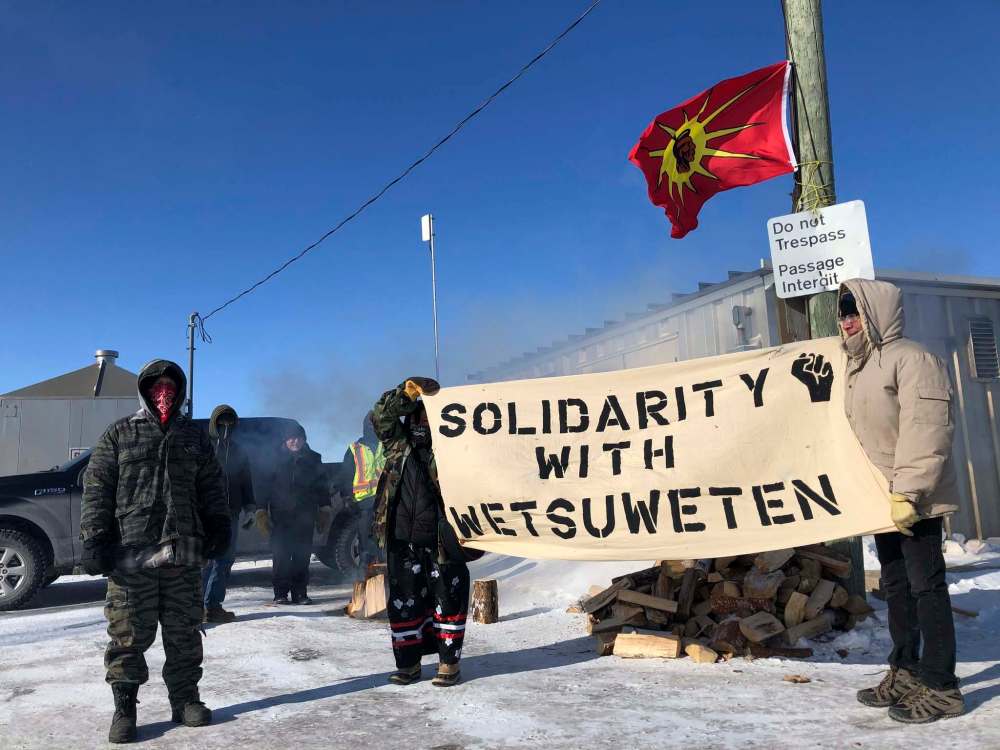
“It just further entrenches a divide within our province. It does nothing in respect of bringing all Manitobans together. It does nothing in respect of the pursuit of reconciliation,” Fontaine said of the possible introduction of legislation similar to Alberta’s.
Cullen said these are challenging times, and Alberta has decided on a course of action to address the effects of protests on its economy,
“We will obviously review their legislation and see what steps we may or may not take into the future,” he said.
larry.kusch@freepress.mb.ca


Our newsroom depends on a growing audience of readers to power our journalism. If you are not a paid reader, please consider becoming a subscriber.
Our newsroom depends on its audience of readers to power our journalism. Thank you for your support.
History
Updated on Wednesday, February 26, 2020 11:58 PM CST: Fixes typo.










